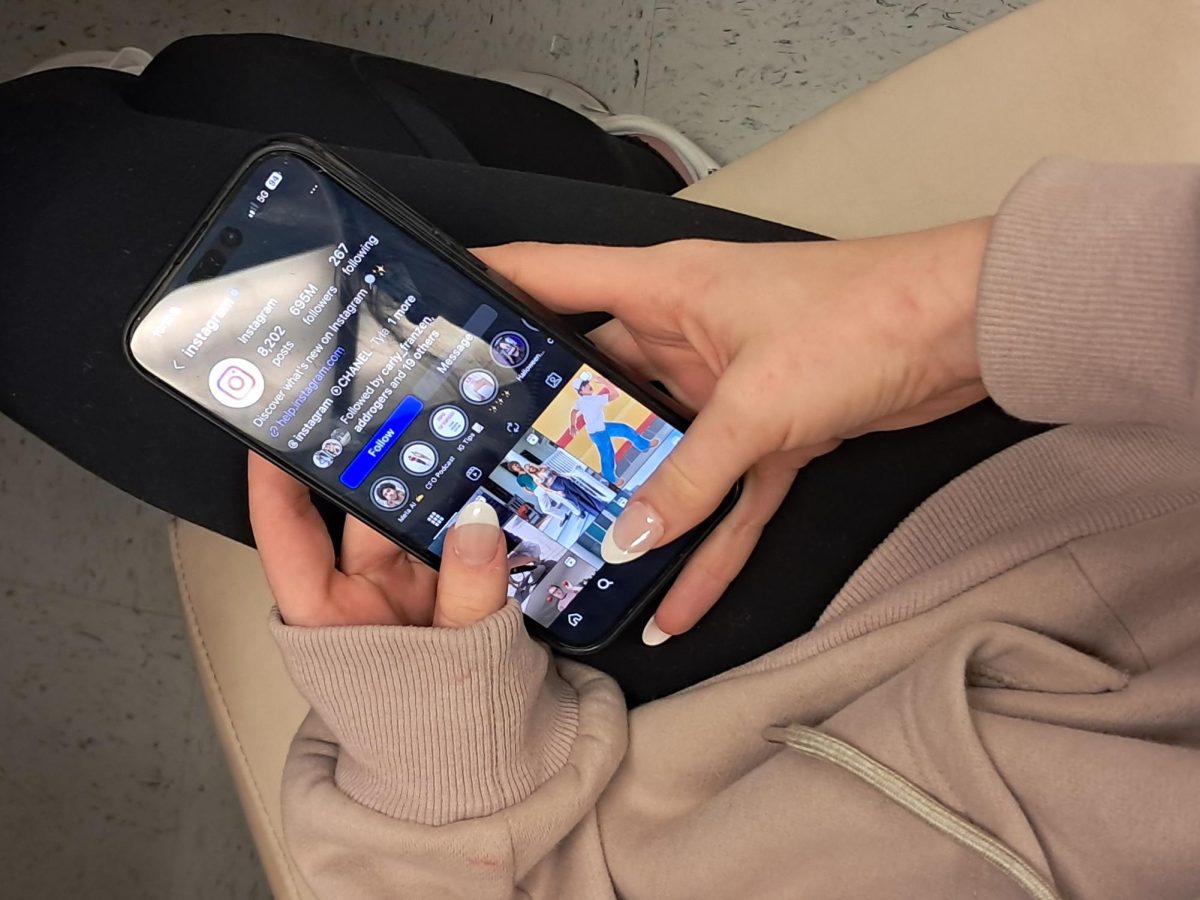I am a huge connoisseur of physical music, specifically vinyl. Listening to physical music is a great way to listen to your favorite albums in a new, more authentic way. I highly recommend any music-lover to dive into the world of physical music, whether it’s vinyl, CDs or cassettes.
So today, to help you decide which type is the best fit for you, I’m going to explore the pros and cons of each. Let’s start with arguably the most “trendy” right now: vinyl records.
Vinyl Records
Pros:
Sound Quality
There’s no doubt about it: vinyl records, out of all the physical and digital music, sounds the best — that is, if you enjoy the crackly sounds . These records are the closest we can get to listening to “lossless” audio. Or, in other words, vinyl records remain the most true to the original sound of the tracks.
Additionally, the nostalgia of the warmth and slight crackle of the records, particularly on older and more worn ones, is unmatched in other forms of music.
Building a Collection
I can attest to the satisfaction of sliding a newly purchased record alongside my ever-expanding collection. The joy of sliding off the plastic, looking at the artwork and gatefold, peeking at the add-ins like posters and photos, marveling at the new color of the disc.
If you’re looking for a collection to display or brag about, vinyl is the way to go. They are big, easy to display on walls with vinyl shelving and often the “most impressive” to have a collection of.
Cons:
Expenses
Full stop, curating a vinyl collection and the technology that goes along with it is expensive. Today, an average record runs for around $30. While that may not seem like much, when you take into account the number of albums you listen to digitally, if you wanted to buy physical copies of all of them, the price would be outrageous.
Additionally, to get your vinyl journey started requires some pretty hefty starter purchases. If you’re not looking to buy a simple suitcase player, (which are known to damage records) most decent turntables run over $200. These turntables also require the purchase of external speakers, which can add another few hundred, depending on the quality you’re looking for.
CDs
Pros:
Different, but Crisp Sound Quality
While it may not have the same level of lossless listening of vinyl, CDs remain more true to the recording than digital streaming. Notably, CDs provide a wider dynamic range, able to capture both extremely quiet and loud sounds at a higher fidelity than with digital streaming.
CDs may be a good option for you if you prefer a more crisp sound, as opposed to the crackly nostalgia of records. If you appreciate the clean sound of digital music but want to listen to something more true to the original recording, CDs are the way to go.
Cons:
A “Dead Medium”
While vinyl popularity is in a resurgence and digital music is, of course, the predominant form of music, CDs are considered a dead medium. If you walk into a vintage or physical music store, you’ll be much more likely to find a plethora of vinyl records and record players. On the other hand, CDs and their accompanying CD players, while not impossible, may take a little more hunting to find.
Because of the vinyl resurgence, artists also tend to pour more of their energy into the design and amenities of records, from posters to gatefolds, while CDs are often an afterthought, without being as “special” as vinyl.
Cassettes
Pros:
Portability
Needless to say, it’s not too convenient to carry around a CD or record player to listen to physical music on the go. However, a cassette and its player will fit right into your pocket. You can plug your headphones in and listen in a portable, but still vintage and nostalgic, manner. Additionally, many cars will be able to play cassettes, particularly older ones.
Low Costs
As compared to vinyl records running around $30 and CDs running around $15, cassettes tend to be a lot cheaper, especially as they fight to remain prevalent in our digital world. New cassettes (which are hard to come by) run around $15, while cassettes you can find at thrift and record stores are often less than $5.
If you want to curate an extensive music collection, vinyl and CD costs will add up over time. If you’re strapped for cash, cassettes are a better option.
Cons:
Limited Access to New Music
I think of cassettes to have way more cons than the other two forms of physical music. There is a reason that people so gladly ditched their cassette collections in favor of CD players. To name a few, cassettes are easily degradable, they have inconsistent sound quality, you can’t skip or rewind songs and require tape rewinding.
But to focus on one aspect, cassettes are slowly going extinct, and you’re much more likely to see your favorite modern artists releasing vinyl records and CDs, but not cassettes. Some artists such as Taylor Swift and Billie Eilish release cassette tapes, but it’s becoming less and less common. This may not be a qualm for you if you prefer to listen to older music. But if you’re like me and like to keep up with the newest releases, you’d be better off with records or CDs.
Now that you’ve looked at the benefits and pitfalls of each form of physical music, I hope this post will help you on your journey to curate your own physical music collection. It’s certainly an enjoyable one.






